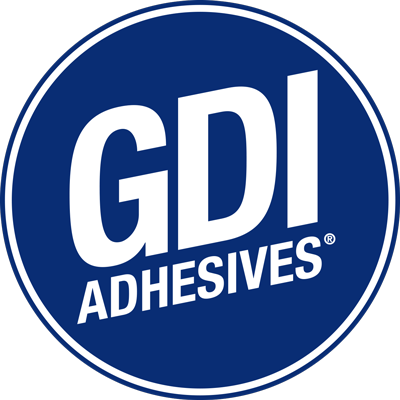Pressure-sensitive adhesives (PSAs) play a pivotal role in the medical field, offering reliable and versatile bonding solutions across a variety of applications. From wound care to medical device manufacturing, PSAs provide the necessary performance attributes to meet the stringent yet flexible demands of healthcare applications.
Medical Industry Pressure-sensitive adhesive Applications
1. Wound Care
Wound care products such as bandages, dressings, and surgical tapes are among the most common applications of PSAs in the medical field. PSAs used in these products must adhere securely to the skin while allowing for easy and painless removal. They must also be hypoallergenic and breathable to promote healing and minimize skin irritation.
In wound care, PSAs need to balance strong adhesion with gentleness to the skin. This ensures that dressings stay in place to protect the wound while avoiding trauma to the skin during removal. Additionally, the adhesive should be permeable to air and moisture vapor, facilitating the healing process by maintaining an optimal wound environment.
2. Medical Device Attachment
PSAs are essential in the securement of various medical devices to the skin, including electrodes, sensors, and wearable monitoring devices. These adhesives need to offer strong and durable bonds while being biocompatible and resistant to body fluids and sterilization processes.
For medical devices that remain in contact with the skin for extended periods, PSAs must provide reliable adhesion without causing discomfort or skin irritation. The adhesive should also be capable of withstanding movement and perspiration, ensuring the device stays securely in place throughout its use.
3. Diagnostic Testing
PSAs are also used in various diagnostic testing applications that require secure attachment to the skin. This includes adhesive patches for glucose monitors, pregnancy tests, and other diagnostic tools that must remain in place for accurate readings.
For diagnostic testing, PSAs need to ensure that the testing device stays securely attached to the skin for the required duration. The adhesive must be easy to apply and remove, minimizing discomfort and ensuring patient compliance. Additionally, it should not interfere with the functionality of the diagnostic device.
Key Attributes of Medical PSAs
To meet the specific requirements of topical applications for skin contact, PSAs must possess several key attributes:
- Biocompatibility: Ensuring that the adhesive does not cause adverse reactions when in contact with the skin or body tissues.
- Sterilization Resistance: Maintaining adhesive properties and performance after exposure to sterilization processes such as gamma radiation or ethylene oxide.
- Breathability: Allowing air and moisture vapor to pass through, which is essential for wound care and skin health.
- Skin-Friendliness: Providing secure adhesion without causing skin irritation or damage upon removal.
Innovations in Medical PSAs
The development of new materials and formulations continues to enhance the performance of medical PSAs. For example, hydrocolloid adhesives are gaining popularity for their excellent moisture absorption and gentle adhesion properties, making them ideal for wound care and ostomy applications. Additionally, advances in silicone-based PSAs are providing even greater skin-friendliness and durability.
Hydrocolloid adhesives are particularly beneficial in wound care because they absorb exudate while maintaining a moist environment, which promotes faster healing. Silicone-based PSAs are favored for their gentle adhesion, making them suitable for sensitive skin applications and long-term wear.
Conclusion
Pressure-sensitive adhesives are indispensable in the medical field, offering reliable and effective bonding solutions for a wide range of topical applications involving skin contact. By understanding the specific needs of these applications and leveraging innovative adhesive technologies, companies can continue to develop products that enhance patient care and improve medical outcomes. As the medical industry evolves, so too will the role of PSAs, driving advancements in healthcare and contributing to better, more effective medical treatments.
Incorporating these versatile adhesives into medical devices and applications not only highlights their importance but also underscores the ongoing commitment to innovation and quality in healthcare solutions.
